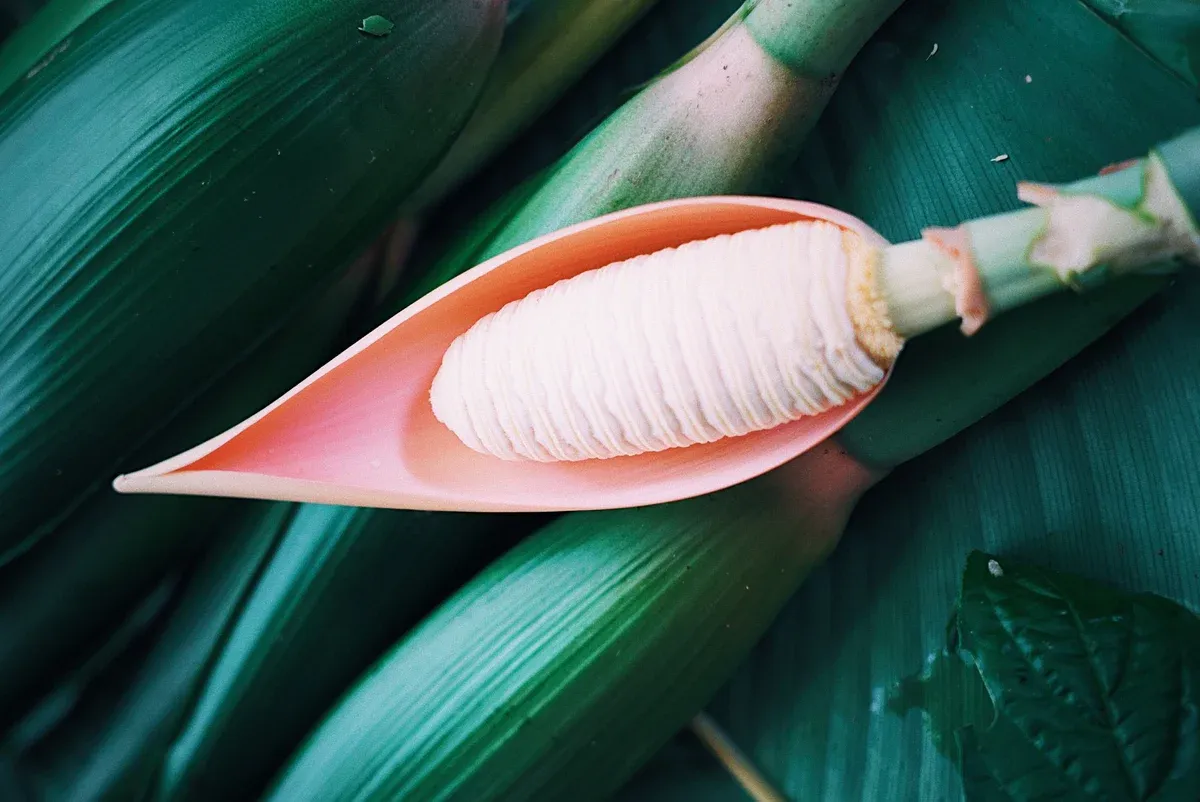The first: Mona Mahmudnizhad, who was executed by the Iranian government at the age of 17 in 1983. Mona was a champion for social justice, a volunteer at an orphanage, and a member of the minority Bahá'í, a religion long persecuted across the Middle East. She inspired many people across her country to be outspoken advocates for service and freedom.
A couple years after Mona’s untimely death, the second woman, Ferial Farzin—who left Iran due to persecution for being a Bahá'í—arrived in Manaus, Brazil. “The love to serve was planted in my heart from the beginning of my childhood,” Ferial explains. She shared Mona’s compassion for underserved children and set out to establish an orphanage in Manaus.
Seven years later, Ferial was busy starting Escola do Futuro (School of the Future) to transform the community even more deeply. “As a woman and a Baha’i in Iran,” Ferial reflects, “I would have probably been placed in prison for the work I was doing. But now in Brazil, not only am I not in prison, but my services and our collective efforts are being recognized.”
The third woman is Mahnaz Javid, who moved to upstate New York in 1969 to attend high school with the hope of continuing on to university—a path that would’ve been impossible in Iran due to her Bahá'í Faith and gender. Mahnaz missed her home and family, but upon returning to Iran for a visit, she was struck by a realization: “I could no longer be ‘unfree’ and a prisoner of an oppressive state that denied me the right to exist.”
So Mahnaz returned to the U.S., and in 1999, established the Mona Foundation to address poverty through education, with a focus on gender equality. Inspired by Mona Mahmudnizhad’s story, Mahnaz named the nonprofit after her.
Today, Mahnaz’s organization works with schools across 15 countries—including the school Ferial founded in Brazil—and has been a Cotopaxi nonprofit partner since 2021.
Now back to the School of the Future (Escola do Futuro) in Manaus, Brazil. Ferial sat down with us to share the powerful story of how she built this institution against all odds—and her secret to transforming communities. She spoke with us in Farsi, with Mahnaz as our translator.
Ferial’s Roots in Shiraz, Iran
Since she was 15 years old, Ferial loved taking children from a nearby orphanage out into nature to play with them. But one day, her school principal warned her to stop visiting the orphanage because she was a Bahá'í.
On her last day of service, a two-year-old girl clung to Ferial, not wanting to see her go. The principal snatched the toddler and “tossed her into the corner like a cat,” as Ferial puts it. This became a defining moment in her life, leading to her decision to leave Iran. “I wanted to find a place to serve in the way my heart guides me,” she remembers.
So, while pregnant with her first child, Ferial and her husband left for Latin America. Nine years after leaving Iran, she landed in Manaus, Brazil, with her husband and two children, ages five and seven.





















